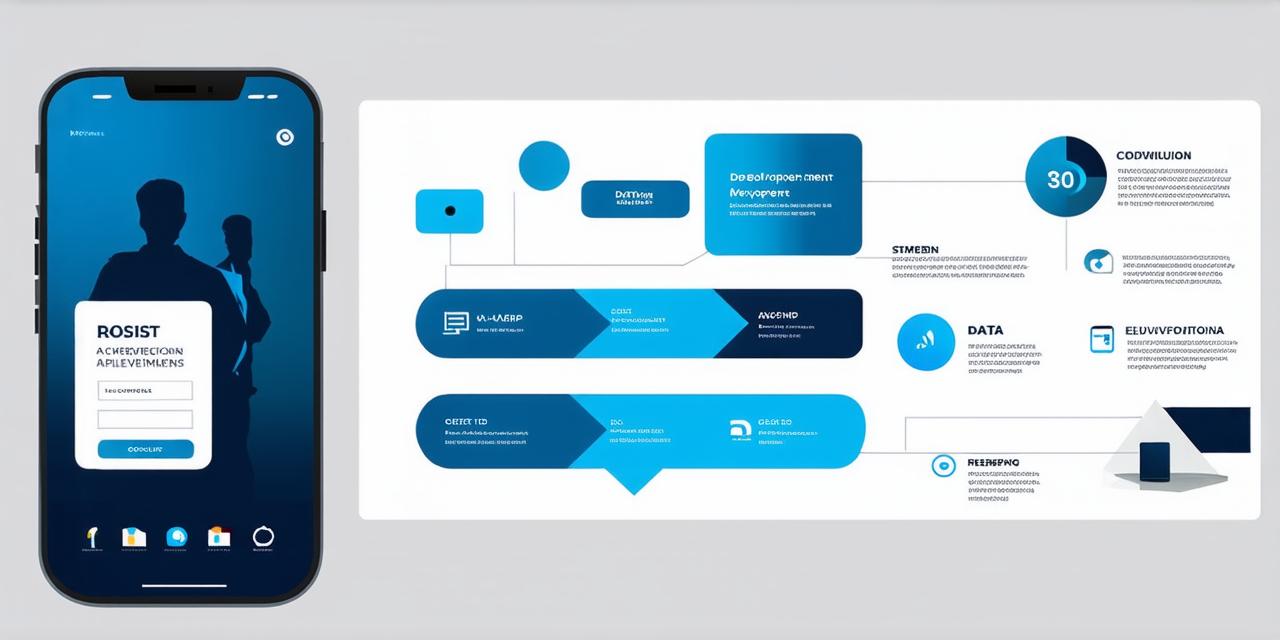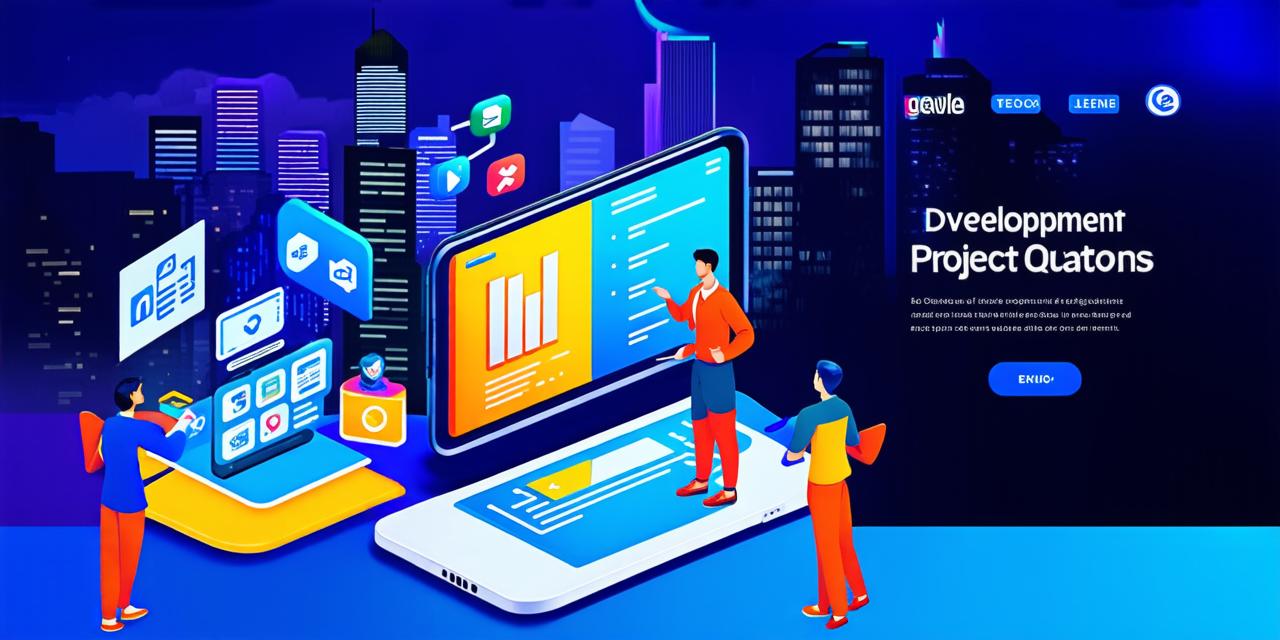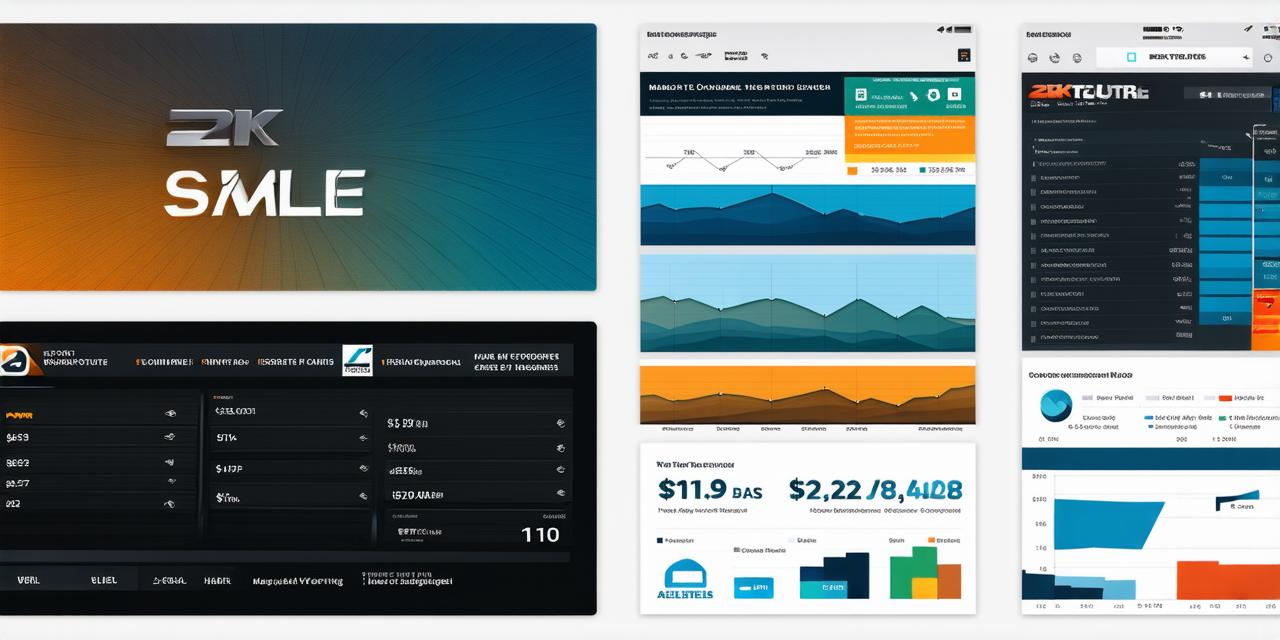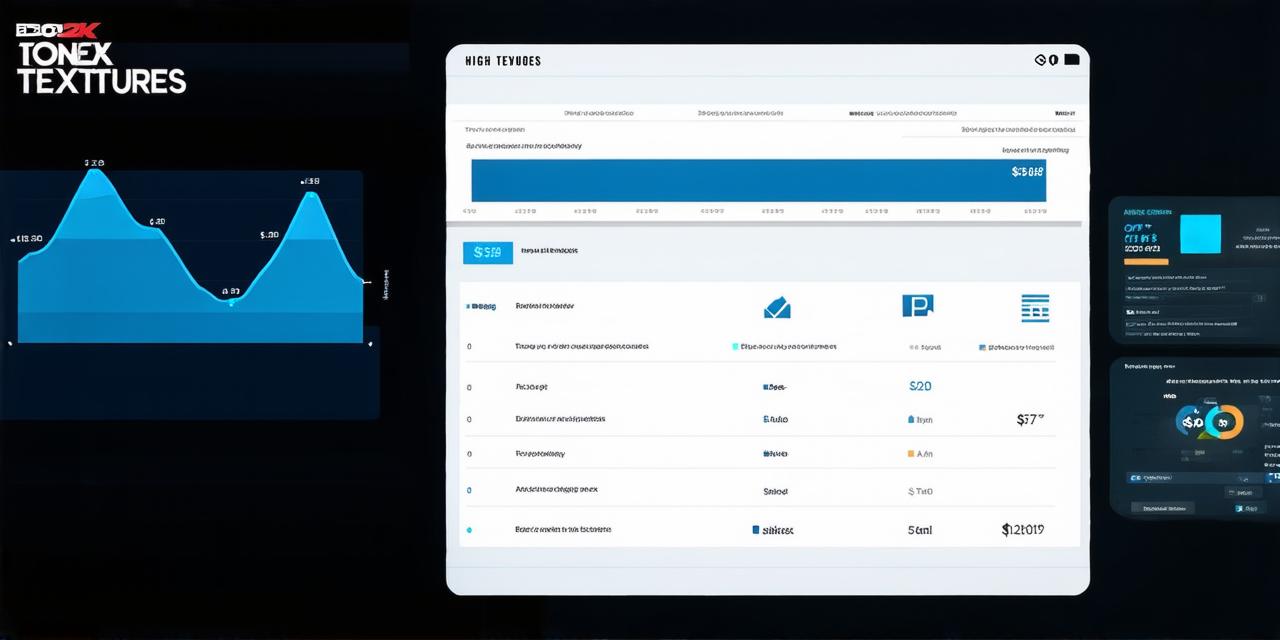Introduction
In today’s digital age, data is the new gold. App developers are no exception. They collect vast amounts of user data to improve the functionality and usability of their apps. This information can be used to tailor ads, personalize content, and even identify potential health risks. However, it’s important for app developers to handle this sensitive information with care.
What Data Do App Developers Collect?
App developers can collect various types of data from their users, including personal information, behavioral data, and location data. Personal information includes name, email address, phone number, and date of birth. Behavioral data includes time spent on the app, in-app purchases, and user preferences. Location data includes GPS coordinates and IP addresses.
Personal information is typically collected when a user first downloads the app and creates an account. This information can be used to personalize ads and content, as well as to track user behavior and usage patterns. App developers may also collect location data to improve app functionality and provide location-based services.
Behavioral data is typically collected through analytics tools that track user actions within the app, such as taps, swipes, and purchases. This information can be used to improve the user experience and optimize advertising campaigns. App developers may also collect behavioral data by asking users for permission to access their device’s settings.
Location data is typically collected through GPS coordinates or IP addresses. App developers may use this data to provide location-based services, such as weather updates or local restaurant recommendations. Location data can also be used to personalize ads and content based on the user’s location.
How Do App Developers Collect Data?
App developers collect data from users through various methods, including tracking tools, surveys, and permissions. Here are some of the most common ways that app developers collect data:
- Tracking Tools: Tracking tools, such as Google Analytics or Mixpanel, are commonly used by app developers to track user behavior and usage patterns. These tools can be installed within the app and use various methods to collect data, including cookies, local storage, and device sensors.
- Surveys: App developers may ask users to complete surveys to gather feedback on their experience with the app. These surveys can include questions about user preferences, satisfaction levels, and demographic information.
- Permissions: App developers may ask users for permission to access certain device settings, such as location data or contacts. This allows them to collect more detailed information about user behavior and preferences.
- In-App Purchases: App developers may collect data on in-app purchases, including items purchased and the time of purchase. This information can be used to personalize ads and content based on the user’s interests.
- Third-Party Integrations: Some app developers integrate third-party services, such as social media platforms or payment gateways, into their apps. These services may collect additional data about the user, such as social media activity or financial information.
It’s important to note that app developers must obtain user consent before collecting any personal data. Users have the right to opt-out of data collection and should be informed about how their data will be used.
How Can App Developers Ensure User Privacy?
App developers have a responsibility to protect user privacy and security. Here are some best practices that app developers can follow to ensure user privacy:
- Obtain User Consent: App developers must obtain user consent before collecting any personal data. This includes informing users about how their data will be used and obtaining explicit permission to collect the data.
- Use Encryption: App developers should encrypt all sensitive data, both in transit and at rest. This ensures that even if a hacker gains access to the data, they won’t be able to read it without the encryption key.
- Limit Data Collection: App developers should only collect data that is necessary for their app to function properly. Collecting unnecessary data can expose users to security risks and make it harder for them to control their privacy settings.
- Use Best Practices for Data Storage: App developers should use secure storage practices, such as hashing or tokenization, to protect sensitive user data. They should also regularly backup their data and test their disaster recovery plan.
- Implement Privacy by Design: App developers should implement privacy by design, which means designing their app with user privacy in mind from the outset. This includes using privacy-enhancing technologies, such as ad blockers or end-to-end encryption, to protect users’ data and privacy.
- Regularly Audit and Update Privacy Policies: App developers should regularly audit and update their privacy policies to ensure that they comply with changing regulations and best practices. They should also conduct regular security audits to identify and fix any vulnerabilities in their app.
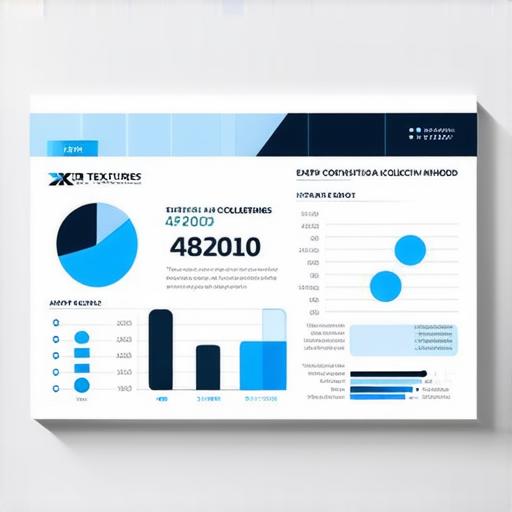
Conclusion
In conclusion, app developers collect vast amounts of user data to improve the functionality and usability of their apps. This information can be used for various purposes, including personalization, advertising, and improving the user experience. However, it’s important for app developers to handle this sensitive information with care and ensure user privacy.
By following best practices for data collection, storage, and security, app developers can protect user privacy while still collecting the data they need to improve their apps. It’s also important for users to be aware of how their data is being collected and used, and to exercise their right to opt-out or limit data collection where possible.
